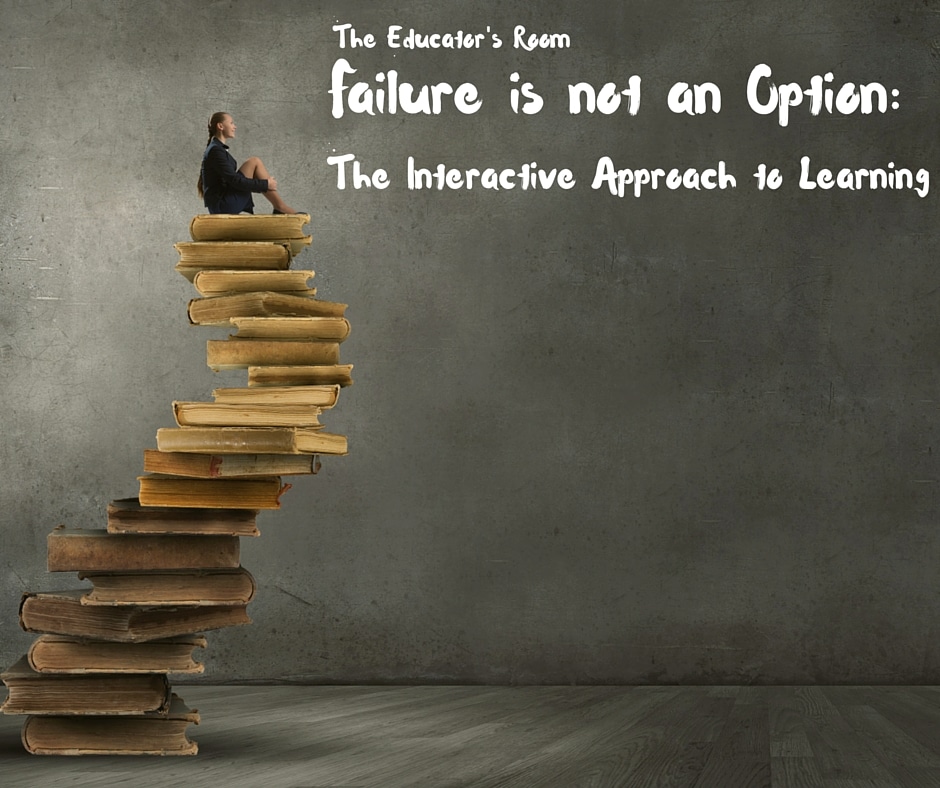So many articles out there lately talk about the downfalls of education and the humiliation of the public school teacher. The question is, do we have the resources out there to help those struggling students–the ones in urban areas living in poverty–to meet the same standards as their peers? If you ask my boss, the answer is that all children will learn. Not that they can learn or that they should learn, but that they will learn. It’s an imperative given to us as the beginning of the year, and an ambitious one. The problem? This all hinges on test scores alone. All of the benchmarks, then the EOG test, will solely determine whether a child has been reached. Failure is not an option, though. Students who come from lower economic classes deserve the opportunities.
For this reason, I wonder about the emphasis on “drill and kill” and practicing word problems in the classroom. The students in my classroom consistently tune out as soon as we bring out worksheets or the same types of test questions they customarily miss. We go over strategies, learn to decode the problems, and I insist that students who already have these skills come up to the board and show the class how to do it, hoping they will show more interest in a peer teacher. These strategies help a little, but the fact is that my students can (and should) be challenged in other ways–ways that will hold their focus and attention long enough for them to really understand the concepts being taught. So what if I put their name into the word problem? It’s still just another word problem. Yet, when I create spiral reviews for homework practice and locate interactive and hands-on learning materials for the coverage of our standards, most of my team balks a majority of my ideas because we “don’t have time” for that.
That’s right. We “don’t have time” to teach our kids anything but worksheets and book work. And the only reason the graphic organizers and foldables have entered into the lesson plan is because it’s required by the district. In my class, I have added an interactive notebook for them to post our notes, foldables, graphic organizers, activities, and vocabulary. A copy of the pages of the notebook exists on Canvas, a new interface I’m piloting for the school system, so they always have a way to catch up on what we’ve done in class if they miss something. But teaching is about more than helping students keep up with a notebook and taking notes.
Teaching is about differentiation of instruction, knowing the learning styles of your students, and doing everything you can to meet the needs of all of your students. We all know that not all (in fact most) of our students do not learn well from worksheets and workbooks. There is definitely research that supports Carl Rogers’ Experiential Learning Theory, which states that learning happens most when the student has more participation in the learning process, when the learning is based mostly on practical life problems, and when the learner engages in self-evaluation as a way to measure success, as these things lead to more “personal change and growth.”
In the past few weeks, after noticing some pretty dismal Benchmark scores, I decided, with the “failure is not an option” idea in the forefront of my mind, to make that experiential learning happen, even if it only happened in my classroom. Students complete hands-on activities, followed by questions that make them think about the material, and later answer problems based on real-world situations. These resources can be found virtually everywhere. And by virtually, I mean online. Just looking through Pinterest, other district websites, and doing random Google searches for activities will turn up a load of rigorous learning activities for students to practice both the basics of math and the process of problem-solving at the same time. We use websites like Khan Academy, Moby Max, and Tenmarks (all FREE programs) in the classroom for those who finish early, depending on their learning needs. These activities provide a gateway for students to begin to use their knowledge on tests, quizzes, and the required benchmark tests. Some people say that we don’t have time for this kind of learning, but I disagree. I don’t have time to waste on worksheets and workbooks, especially when they ultimately fail to understand the standards this way. It gets loud with the voices of students mostly discussing their work, but it’s this kind of activity in the classroom that produces learning, especially if the teacher is constantly circulating to check up on students who might need some more direction.
My classroom isn’t perfect. I still have students that disengage because they are having a bad day, they didn’t sleep the night before, or they still need to buy into what we’re doing. We all have adversities to face in the classroom. I continue to move forward, hoping that the learning I see in the classroom translates to the kinds of scores the district, my principal, and parents want to see. By changing my instructional strategies to fit the needs of my students, I know that I can get the job done. In the end, I agree with the idea that failure is not an option. I just have different ideas about how that should be accomplished.





